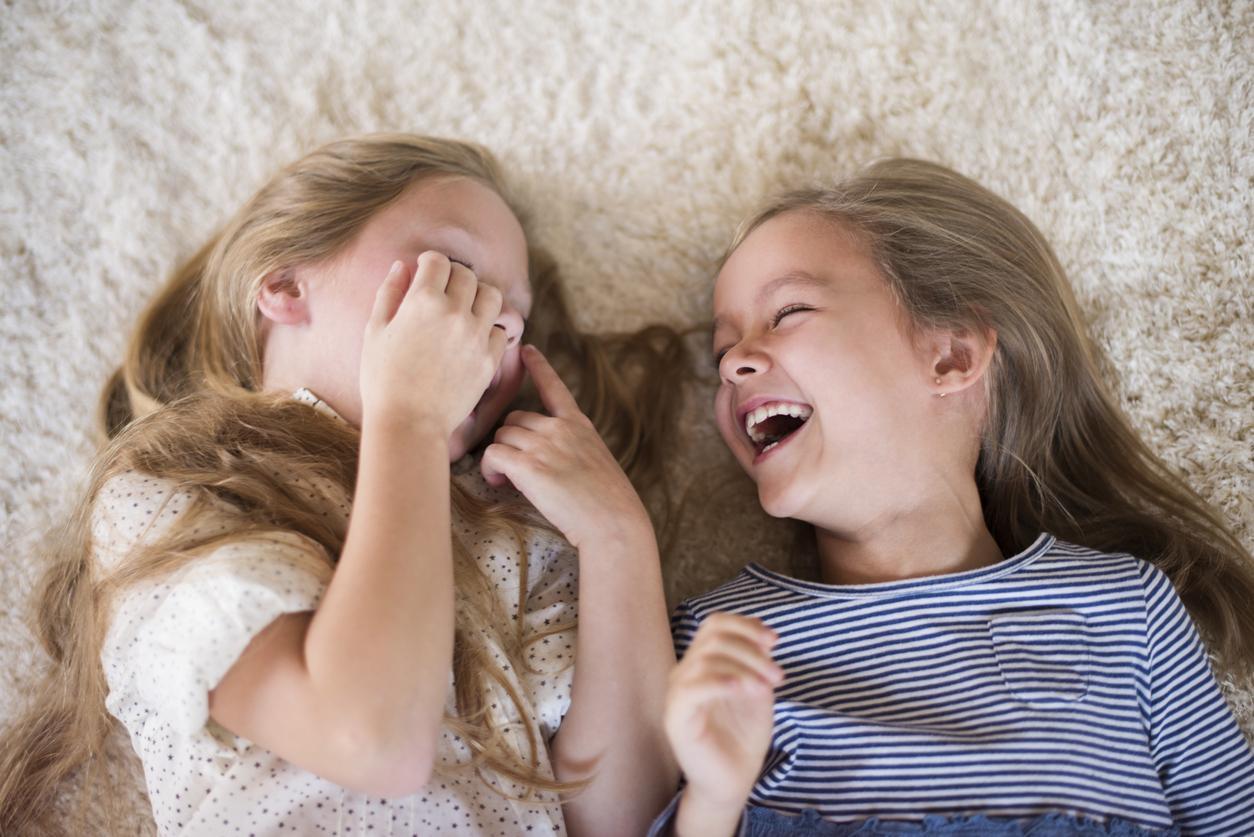Your sibling can determine how kind and empathetic you are, study finds
Annoying as they may be, there are some benefits to having a brother or sister

Having a brother or sister could make you kinder and more empathetic, a new study has found.
It’s common for siblings to seesaw from adoring to detesting one another but, aside from personality clashes and competing for everything from toys to attention, growing up with a brother or sister can actually play an important role in a child’s development.
In fact, new research from the University of Calgary, Université Laval, Tel Aviv University, and the University of Toronto, has found that children whose brothers and sisters are kind, warm and supportive grow up to be more empathic than children whose siblings lack those characteristics.
Similarly, researchers found that both older and younger siblings can positively influence each others empathic concern over time.
“Our findings emphasise the importance of considering how all members of the family, not just parents and older siblings, contribute to children’s development,” suggested Sheri Madigan, assistant professor of psychology at the University of Calgary, who co-authored the study.
The research, which was published in the journal Child Development, studied 452 Canadian sibling pairs – aged between 18 months and four years - and their mothers for a period of 18 months.
The aim was to find out whether the siblings’ level of empathy at the start of the study predicted changes in the other siblings’ empathy by the end.
As such, the researchers filmed interactions in the families’ homes and mothers completed questionnaires.
Children’s empathy was also measured by observing each sibling’s behavioural and facial responses to an adult researcher who pretended to be distressed or hurt. This included breaking a cherished object, hitting their knee and catching their finger in a briefcase.
“Although it’s assumed that older siblings and parents are the primary socialising influences on younger siblings’ development (but not vice versa), we found that both younger and older siblings positively contributed to each other’s empathy over time,” explained Marc Jambon, postdoctoral fellow at the University of Toronto.
“These findings stayed the same, even after taking into consideration each child’s earlier levels of empathy and factors that siblings in a family share - such as parenting practices or the family’s socioeconomic status - that could explain similarities between them.”
Furthermore, the researchers also examined whether siblings’ development of empathy differed as a result of age or gender differences between them.
It found that the effects stayed the same for all children in the study with one exception – younger brothers did not contribute significant changes in older sisters’ empathy.
The influence of older brothers and sisters was also stronger in families where the age gap between the siblings was greater, suggesting they were more effective teachers and role models.
Join our commenting forum
Join thought-provoking conversations, follow other Independent readers and see their replies
Comments
Bookmark popover
Removed from bookmarks